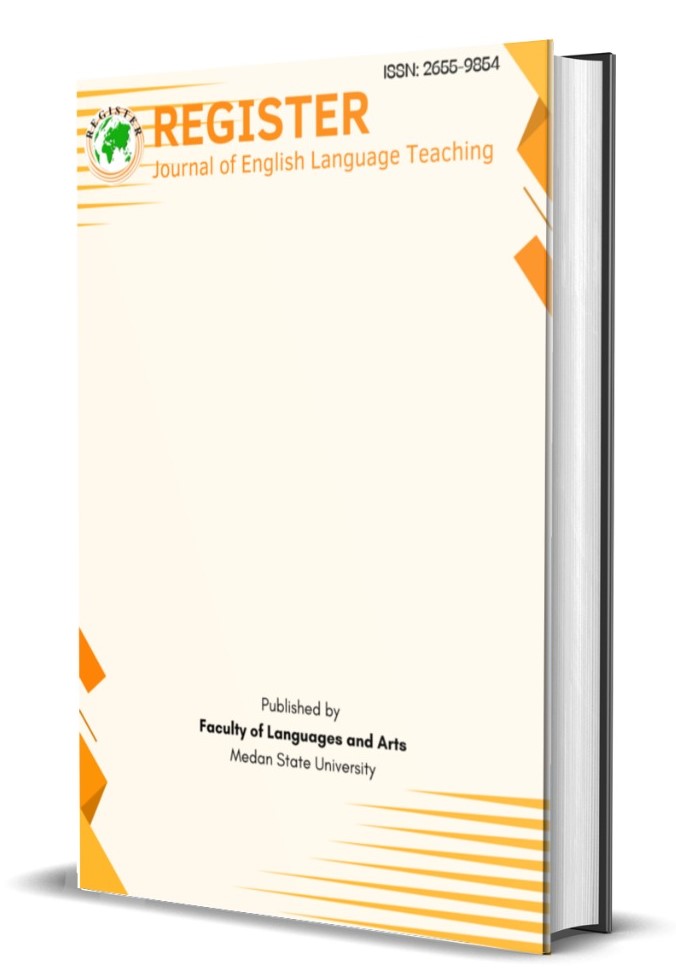A Pragmatic Study on Politeness in Classroom Discussion Among University Students
DOI:
https://doi.org/10.24114/reg.v14i2.67305Abstract
A study on politeness strategies in classroom discussions highlights their role in fostering respectful and effective communication among university students. Using qualitative methods, the research observes a class of 30 students, focusing on verbal and non-verbal interactions during discussions. Four main politeness strategies are identified based on Brown and Levinson’s (1987) framework: positive politeness, negative politeness, off-record strategies, and bald on-record strategies. Positive politeness dominates in collaborative contexts, encouraging rapport and active participation, while negative politeness helps manage disagreements and maintain respect in hierarchical settings. Contextual factors such as cultural background, discussion topics, and classroom dynamics significantly influence the choice of strategies. Keywords: Politeness Strategy Classroom Discussion Pragmatic Communication SkillsDownloads
Published
Issue
Section
License
Copyright (c) 2025 Desry Nurliana, Khairun Nisa, Sahfitri Ahwani, Nadila Adelia Putri, Deasy Yunita Siregar

This work is licensed under a Creative Commons Attribution-NonCommercial-ShareAlike 4.0 International License.
Authors who publish with this journal agree with the following terms:
- Authors retain copyright and grant the journal right of first publication with the work simultaneously licensed under a Creative Commons Attribution License that allows others to share the work with an acknowledgment of the work's authorship and initial publication in this journal.
- Authors are able to enter into separate, additional contractual arrangements for the non-exclusive distribution of the journal's published version of the work (e.g., post it to an institutional repository or publish it in a book), with an acknowledgement of its initial publication in this journal.
- Authors are permitted and encouraged to post their work online (e.g., in institutional repositories or on their website) prior to and during the submission process, as it can lead to productive exchanges, as well as earlier and greater citation of published work (See The Effect of Open Access).
- This work is licensed under a Creative Commons Attribution-ShareAlike 4.0 International License.








